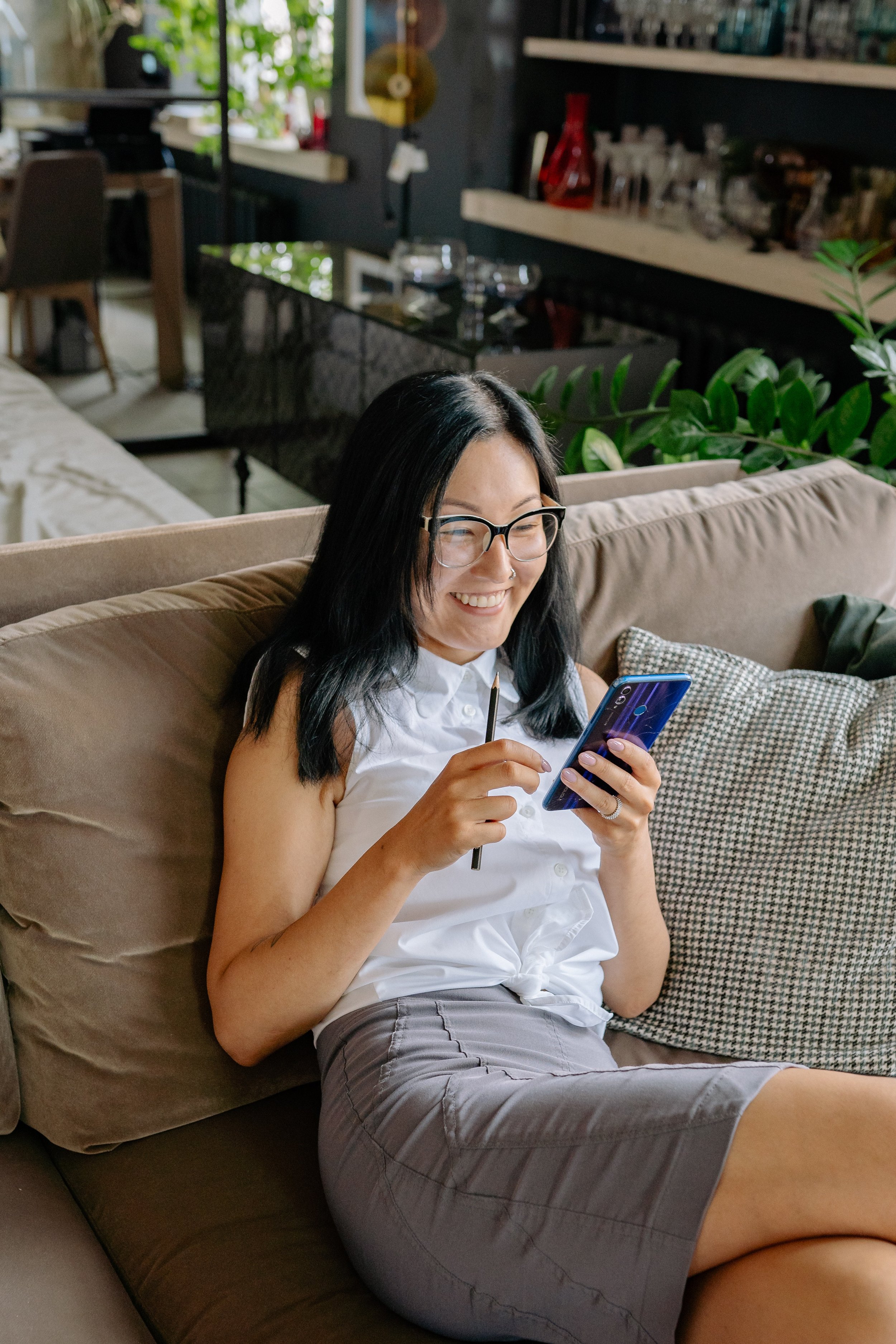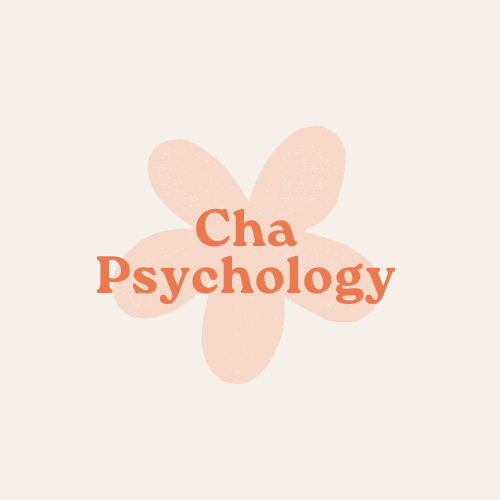
Asian Therapist Bay Area
Asian Therapist Bay Area: Finding a Great Fit
Finding the right therapist is often a trial-and-error process for many people seeking help. If you identify as a member of the Asian diaspora, you might have had experiences with therapists who really didn’t get your cultural and family experiences. Or, the therapist may have acted like race didn’t exist and never inquired about how the pandemic or anti-Asian hate was affecting you. Even worse, you might have had a non-Asian therapist make micro-aggressive comments or wrong assumptions about you because you’re Asian. As a psychologist who works with AAPI folks, I’ve heard quite a few stories about therapists’ cultural blindspots and lack of awareness. So it makes sense that you’re seeking a therapist who can incorporate the cultural and racial nuances you bring to the table, even if those issues are not necessarily the biggest mental health concern you have. Common mental health conditions such as anxiety, depression, life transitions, and trauma, are often impacted by experiences of immigration, cultural and racial difference, discrimination, and intergenerational family conflict. Because many of these issues are inter-connected, finding the right Asian therapist can set you up for success with therapy goals and outcomes.
Where to Find the Right Asian Therapist for You
If you’re looking for an Asian therapist (or Asian American therapist) in the Bay Area, there are a number of ways to find a good fit. You can start with reading my page about Asian American mental health and why it’s important to work with a culturally competent therapist. You can also look for local therapists who are part of the Asian Mental Health Collective Directory. This Huffington Post article also provides a helpful guide to finding the right Asian therapist for you.
Take Advantage of Consultations
It’s not just clients who want to find a good fit in therapy. We therapists also are looking for a good fit! This is in part an ethical consideration because as helping professionals, it’s vital that we provide our services to people whom we believe can benefit from working with us. For instance, I want to support as many AAPI clients as I possibly can but when there are issues I’m not equipped to treat, such as gambling or substance addiction, I have to be honest about that from the beginning and try to offer some guidance about where they can get the care they need. In order to gauge fit with prospective clients, therapists offer first-time consultations that are not quite a therapy appointment and are more of a “meet-and-greet” during which both parties can explore whether or not to move forward. This is also called “therapist shopping” and I highly encourage people to take advantage of it. After all, therapy is an investment of one’s time, energy, and money, so you want it to be with someone you can trust. Consultations are usually free and how long they take varies from therapist to therapist (usually depending on how busy they are). Because I am still growing my practice and have the time, I offer a full 30 to 45 minute free consultation. But even a 15-minute free consultation can be beneficial and give you confidence about your next steps in therapy.
Local Asian Therapist vs. Remote Asian Therapist
Before teletherapy became more common, I used to search for an Asian therapist near me and often no one turned up. I usually ended up scheduling with a local non-Asian therapist who had openings and some experience with my concerns. Compared to those days, this may be a golden age for specialized therapy, especially for members of the Asian diaspora. Telehealth allows clients to access many therapists who may have been too remote for them when therapy was in-person only. Teletherapy has allowed me to work with clients from all over California. In fact, it is now becoming more and more common for therapists to be licensed in multiple states so they can be accessed via telehealth by people all over the US.
While teletherapy is convenient because there’s no need to travel to attend therapy, it is not necessarily the best option for everyone. Some people find it more rewarding and meaningful to meet their therapist in a space outside of their home. Or some people do not have the privacy they need to do therapy from home. Some therapists have a hybrid in-person/online practice and encourage some clients to meet in person. This may be the case because observing a person’s non-verbal presentation may be important in understanding how they’re doing. Or, leaving the house to go somewhere may be part of the therapeutic goal of a particular client (e.g., a person struggling with depression). Whether or not teletherapy is right for you, it’s important to explore that question for yourself and then get some feedback from the therapist you’re thinking about working with when you meet with them for a consultation.
Asian Therapist Bay Area: Conclusions
There are some different ways to find an Asian therapist to work with in the Bay Area. Any therapist licensed in California can work with a client in the Bay Area via telehealth, which opens up a lot of options but also broadens the choices to sift through. In order to find a good fit, it’s wise to take advantage of free consultations and talk to a few therapists before committing to one. In general, there is a scarcity of AAPI therapists because mental health is stigmatized in many Asian communities and mental health professions are not held in high regard in Asian cultures. The good news is that teletherapy has widened access to skilled and experienced Asian and Asian American therapists and clients are not limited to working with only the therapists with openings in their local area.
Hi, I’m Chu Hui, aka Dr. Cha.
I specialize in Asian American Mental Health.
I know from my own lived experience and from my training as a psychologist that Asian Americans face many challenges that trigger stress, anxiety, depression, and burnout. We don’t know how to help ourselves through these difficulties because we‘re not supposed to have them in the first place. We don’t know that these difficulties can lead to growth and positive change if we can understand them. We haven’t been told the most important truth about life—that the more we understand ourselves, the more empowered we are to make the choices that make us truly happy. Read more about me and my story here.
Asian Therapist Bay Area: How I Help
Here are some ways I help people grow.
Find solutions to your life’s biggest problems
Make sense of family expectations and your own self-actualization
Set healthy boundaries in difficult relationships
Re-evaluate your relationship with your job or career
Manage stress and anxiety more effectively
Increase emotional intelligence
Clarify your different identities
Cultivate joy
Feel connected
Increase self-esteem
Make self-care habitual
Recover from loss
Trust and believe in yourself





